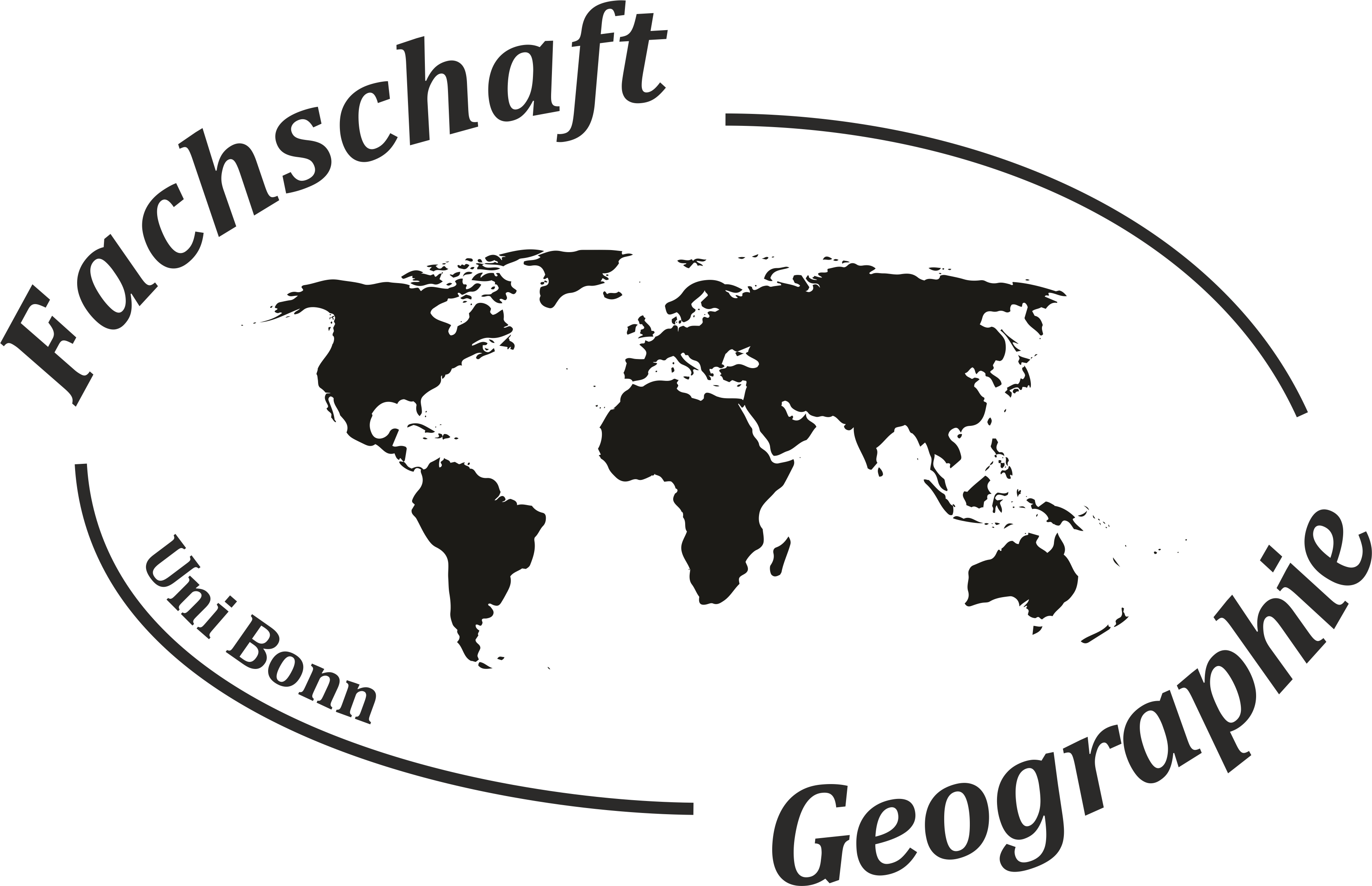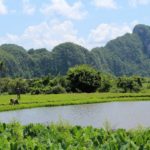M. Sc. Geography
M. Sc. Geography in a glance
The M. Sc. Geography is a Master’s programme with 120 credit points, which is based on a standard period of study of four semesters. You can (but do not have to) choose between three specialisations: Development and Globalization, Governance and Space, and Environmental Systems in Transition.
For detailed information about this course of studies please visit the Homepage of the Institute of Geography. If you have any further questions, you can not only contact the study counselling service but also us at any time.
Course of studies
We would like to explain the course of studies in the Master at this point.
In order to be able to take exams at the end of the semester, you have to register at the Examination Office with Mrs. Rawat (room 103) from October 7th to 11th, from 9:30-12 am. You can find the registration form on this homepage. There you can also find the documents you have to bring along.
For the exams you have to register from 14.10-04.11 (see homepage: Registration for courses) via BASIS (basis.uni-bonn.de). This system is also used to apply for the seminars and attend the corresponding courses. You can find out more about this in the introductory event that usually take place in the beginning of October.
In BASIS you will also find the electronic Course catalog. Here are all courses with a table of contents and the current dates.
In the Bonn Master’s programme Geography can be one of three Choose your major fields of study. These are:
Governance & space
This section concentrates on in the fields of spatial analysis, spatial development and spatial planning. The main focus lies here in the consideration of western urban spaces. Processes of Spatial development is at the intersection of society, economy and planning treated. Besides the social science methods and a In terms of application, the questioning of guiding principles and paradigms in foreground.
Development & globalization
At the center of this branch the developing and emerging countries with their crisis-prone and conflict-laden transformation processes. The focus is on high-risk areas and their vulnerable populations, which have been affected by globalisation and environmental change are particularly badly affected. For their analysis concepts of vulnerability, adaptation, resilience and human security. In terms of content, issues of environmental change, health, water and food are addressed in rural and urban areas of the developing and emerging countries in Focus. The possibilities for action of social actors and the underlying institutional arrangements are given special attention.
Environmental systems in transition
The specialization “Environmental Systems Research lies in the recording and analysis of the processes taking place in the Earth system and on the feedbacks between physical, chemical and biological System components. Current recording and evaluation methods, e.g. the remote sensing and geophysical methods, are combined with models and simulations to understand current and past developments and derive scenarios. Environmental system research is the basis for Dealing with global change. It creates the scientific Basis for a management of the fundamental resources water and land.
Individual profile
Furthermore you can – according to Interest – create a individual profile by choosing appropriate courses The individual branches are not selected at the beginning of the master and then but each semester you must choose courses that lead to fit your focus or you are especially interested in.
In the first semester. you should visit the following events:
- Module 1: Current research spectrum
(2 orientation seminars, 1 seminar research spectrum) - Module 2: Research methods (1 seminar)
- Module 3: Deepening I (1 seminar)
the The standard period of study for the Master’s degree is four semesters. However, this time can be through internships or stays abroad – so do not panic if you takes a little longer! Nevertheless, it can happen that disadvantages with allocation of seminar places arise, if you do not book them in the intended I’m in my first semester. For example, if you take a seminar from the module “News research spectrum” in the 3rd semester. In such a case we recommend that you inform yourself well in advance about possible consequences.
During the 120 credit points must be earned in the course of study, 30 of which are allocated to Credit points for the Master’s thesis.












